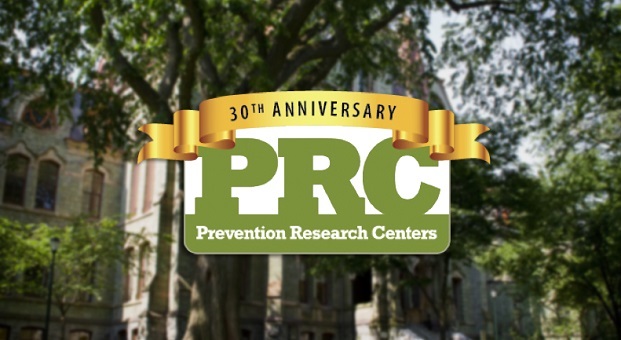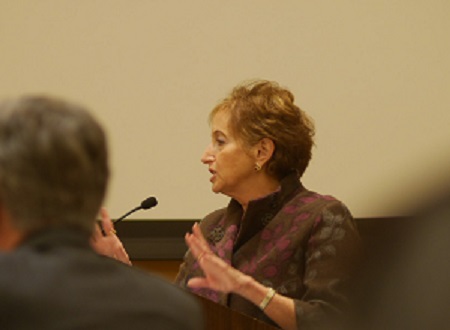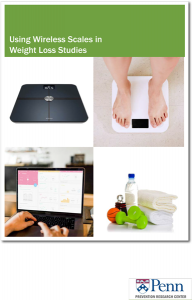
The University of Pennsylvania Celebrates 30 Years of the CDC’s Prevention Research Center Program
UPenn PRC Anniversary Story
December 2016
Prostate Cancer Evidence Academy: A Year of Progress
Prostate cancer is the second leading cause of death from cancer in men; being African American is a key risk factor. Philadelphia, the fifth largest city in the US, is 44% black/ African American and in Pennsylvania, the incidence rate for prostate cancer is 58% higher for African American men than for white men.
These sobering statistics were incentive for UPenn PRC Director and Penn Integrates Knowledge Professor Karen Glanz, PhD, MPH, and Tim Rebbeck, PhD, to host the first Prostate Cancer Evidence Academy at the University of Pennsylvania in November, 2015. Sponsored by the UPenn PRC, the Cancer Prevention and Control Research Network, and the Penn Center for Excellence in Prostate Cancer Disparities, the conference gathered nearly 100 attendees, including health care providers, researchers, policy makers, survivors, and advocates for a comprehensive symposium on prevention, control, awareness, and education.
The goal of the conference was not only to present the latest data but to engage clinicians, public health professionals, policy makers, and patients/survivors in bridging the gap between research and practice. Bringing together the widest possible range of stakeholders created a unique model for sharing evidence-based research, models, and programs.
Neha Vapiwala, MD, a Penn associate professor of radiation oncology, attended the conference. Now, she and Glanz are working on a new train-the-trainer project which provides respected and trusted community and religious leaders with basic information about prostate cancer. The researchers see further applications of this model for other chronic diseases.
“Cultural myths and societal misperceptions about certain stigmatized diseases may prevent people from asking questions, understanding symptoms, or seeking care,” says Vapiwala,“Deep-rooted distrust of the health care system further exacerbates the problem.” “The conference was a first venture of its kind for us,” Glanz says. “Out of that came some clear needs, and some of them really converged with what Neha had noticed in her clinic.”


